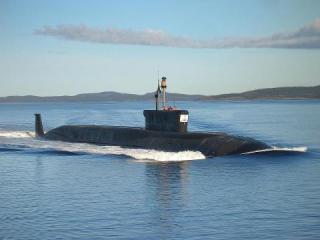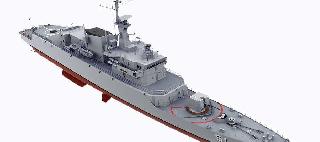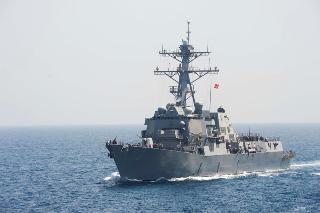
A file photo.
MOSCOW (BNS): Russia has announced that it is designing a new class of conventional submarines which will be equipped with advanced air-independent propulsion (AIP) systems.
The Commander of Russian Navy, Adm. Viktor Chirkov said on Wednesday that the new fifth-generation submarines will be designated as the Kalina class.
"Russia is currently designing a fifth-generation conventional submarine, dubbed Project Kalina, which will be fitted with an air-independent propulsion (AIP) system," Adm. Viktor Chirkov said.
"Our industry promises to develop this AIP system by 2017 and build the first boat fitted with such a system by 2018," Chirkov was quoted as saying by Ria Novosti.
The admiral earlier said that the new AIP system could be initially tested on the only operational Lada-class diesel-electric submarine in service with the Russian Navy, the St. Petersburg, which is undergoing sea trials in the Barents Sea after a series of design changes.
Air-independent power plants offer significant advantages over diesel-electric submarines, which must surface regularly to recharge their batteries, and nuclear submarines, which must continually run noisy pumps to cool their reactors.
The newest submarines will possess enhanced stealth technology, improved communication systems and systems preventing collision with other vessels, as well as advanced weaponry, the Navy Chief said.
Russian Navy is currently operating third-generation submarines while the fourth-generation subs of the Project 955 Borey class of strategic boats and Project 885 Yasen class of attack boats are being adopted for service.
The Russian Navy plans to build eight Borey-class and eight Yasen-class submarines by 2020 which are expected to become the mainstay of the country's nuclear-powered submarine fleet.
 Previous Article
Previous Article Next Article
Next Article












The Indian Air Force, in its flight trials evaluation report submitted before the Defence Ministry l..
view articleAn insight into the Medium Multi-Role Combat Aircraft competition...
view articleSky enthusiasts can now spot the International Space Station (ISS) commanded by Indian-American astr..
view article